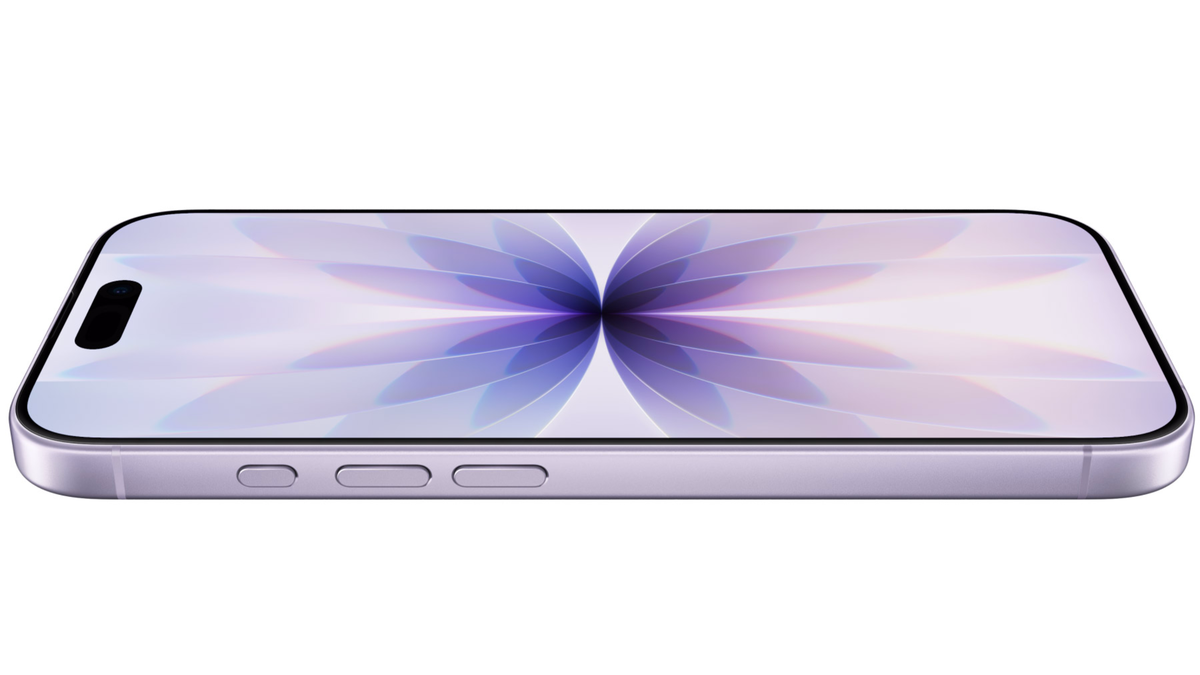Synology is synonymous with NAS, or network-attached storage, and there’s good reason for that. The DiskStation line of products is reliable and robust with a great community that supports consumer and professional use cases. More recently, Synology has reached beyond traditional NAS solutions with BeeStation, a private and family cloud storage solution. I’ve recently been testing the BeeStation Plus, a somewhat less capable, but much more approachable, product, and the DiskStation DS925+, a traditional NAS with a familiar product name to us at 9to5. Both are great in their own way. Here’s how they perform and compare.
BeeStation Plus makes private cloud storage easy
Let’s start with the BeeStation Plus. In short, this is the NAS solution you can recommend to friends and family who don’t care what NAS stands for. It’s far less configurable than a DiskStation. That’s a plus for a mainstream consumer product. It requires minimal setup and research to use. The process consists of unboxing the unit, attaching the power supply and included Ethernet cable, and scanning a QR code to initiate setup and update firmware. After that, BeeStation apps on iPhone, iPad, and Mac make it user-friendly.
BeeStation Plus is a closed box with 8TB of total storage. Of the 8TB included, 6.98TB is usable, with about 9% likely lost to drive math and another 4% to system overhead. What can you do with all that space? BeeStation is designed to hold files and media. Actually getting your media to the BeeStation is surprisingly easy. For example, I was able to transfer my 1.5TB photo and video library from my iPad Pro to the BeeStation without much effort using the BeeStation Photos app. It has a few tricks that make it work well, like using a dim standby screen to keep the process active while using minimal resources. After backing up a complete library, you can optionally clear space from your device each time.
Setup and file management is simple by design
You can also use BeeStation Plus to act as a super-simple cloud solution for all files to offload space from your devices. Integration with Finder on the Mac and the Files app on iPhone and iPad makes it possible to use BeeStation Plus with the built-in file management apps too. BeeStation also talks to other cloud providers like Dropbox, Google Drive, and Microsoft OneDrive to create a unified cloud storage solution. The unit also features one USB-C port and one USB-A port that let you connect external storage or computers for transferring files to the BeeStation Plus storage. You can also do one-time transfers from Google Photos, or have ongoing sync with iCloud Photos for automatic backup.
Backups and specs
A few other things to mention. Synology is all about backup, and BeeStation Plus supports multiple backup methods. First, you can back up BeeStation Plus to Synology’s cloud protection service called BeeProtect. Like Time Machine on the Mac, BeeStation is clever in how it handles versions of backups: one from each day of the last week, and one from the previous week, allowing eight versions in case you need to revert or restore something from a few changes ago.
After a free trial, BeeStation Plus has a reasonable fee of $11.99/month or $119/year. There’s also a standard BeeStation product with 4TB storage instead of 8TB, but everything is faster in addition to having more storage with the Plus model. BeeProtect is priced 50% less on the BeeStation model with half the storage. Alternatively, you can back up BeeStation Plus to a DiskStation, which is great if you want BeeStation for some of the ease-of-use benefits but have a DiskStation for more advanced work.

The other thing about BeeStation Plus that potential users should probably know, especially compared to the standard BeeStation with half the storage, is its GPU (graphics processing unit) and NPU (neural processing unit). Both support AI features like facial and object recognition for photo search, but the Intel Celeron J4125 and 4GB RAM inside the Plus model will provide faster performance than the Realtek RTD1619B and 1GB RAM inside the standard BeeStation. Critically, the additional resources are also what make the Plus model ideal for families (supporting simultaneous access without slowing down) versus the standard model for personal use. Of course, if you have larger storage needs, Plus is the way to go, especially since the drives are not user-accessible.
Does BeeStation support Plex?
Finally, I should mention Plex. Synology is a popular and fantastic way to host your own Plex Media Server, especially if you don’t have an always-on desktop Mac. While BeeStation Plus is a much more closed and polished product, Synology happily supports using BeeStation Plus for Plex. This is where the biggest difference between the BeeStation and DiskStation lines comes in. In short, DiskStation supports Docker; BeeStation does not. This means that while you can use BeeStation Plus as a Plex Media Server, don’t expect to do any of the fancy automation that requires a ton of research and configuration anyway.
Think of BeeStation Plus as a built product you can use, while DiskStation is a product you can build for custom use. Depending on your needs, one or the other will be the right solution without a lot of overlap.
DiskStation DS925+ delivers power and flexibility
DiskStation, on the other hand, is a box with swappable drives and RAID storage for redundancy and local backups. It runs Synology’s DSM OS, which basically gives you a virtual PC interface that you control from the browser. Critically, this supports Docker and automation, self-hosting apps, and many additional use cases including running a VPN, hosting your own email server, and so much more.
In addition to having a 9to5Mac-like product name, the DiskStation DS925+ includes four SATA drive bays for flash storage and hard disk drives, two M.2 NVMe storage slots, and two 2.5GbE networking ports. This model supports up to 180TB of raw storage when paired with the separate Synology DX525 Expansion Unit. That’s based on providing four 20TB drives inside the DS925+, and five 20TB drives inside the DX525. That’s both an impressive ceiling and a great expansion story if you want to add onto your DiskStation DS925+ after purchase. The built-in M.2 slots can be used for either local caching or storage as well.

In addition to providing robust storage for backup and recovery plus being a powerful server solution, DiskStation DS925+ can also run Synology Surveillance Station. This model supports using up to 40 IP cameras simultaneously, is compatible with over 8,700 IP camera models, and allows remote playback and monitoring.
In terms of specs, DiskStation DS925+ runs on an AMD Ryzen V1500B quad-core CPU and comes with a single 4GB DDR4 ECC SODIMM RAM stick. There’s also a second RAM slot, and both slots are user-accessible with support for up to 32GB of RAM (using two 16GB sticks). Higher RAM is required for larger storage pools.
How DS925+ compares to other DiskStation models
Compared to other models in the DiskStation Plus lineup, the DS925+ lands in the middle of the range. It offers significantly more flexibility and power than entry-level two-bay models, especially thanks to dual 2.5GbE networking, NVMe support, and multi-bay expandability. At the same time, it’s more compact and affordable than five-bay and eight-bay models aimed at larger home labs and small businesses.
Where it stands out is its balance of performance and scalability. The DS925+ offers a modern AMD Ryzen CPU, support for up to nine drives total with an expansion unit, and full access to DSM’s most advanced features. However, it lacks support for 10GbE expansion that some customers may expect. For most power users, it delivers an ideal mix of performance, reliability, and long-term upgrade potential without pushing into overkill territory.
The Synology DiskStation DS925+ is an excellent general-purpose NAS for users who want a customizable Plex Media Server, HomeBridge for expanding HomeKit, Docker-based automation, or expansive local backup for media libraries and devices. It strikes the right balance for power users who need performance and flexibility without committing to a full enterprise setup. With strong expansion options and support for advanced DSM features, the DS925+ is well-suited for both home labs and small office environments.
9to5Mac’s Take
BeeStation Plus feels like a new kind of Synology product that’s built for everyday users who don’t want to think about file management but still want privacy and control. Its iCloud Photos integration and streamlined setup make it easy to recommend with zero research. Meanwhile, the DiskStation DS925+ is a proper NAS for power users or anyone ready to grow into more advanced features. With DSM, expansion support, and wide use case flexibility, it’s a modern, reliable foundation for whatever you need your server to be.
BeeStation Plus with 8TB of built-in storage retails for $409.99 directly from Synology and is also available from Amazon. DiskStation DS925+ is priced at $639.99 before adding storage drives and is likewise available through Amazon and other Synology retailers.
FTC: We use income earning auto affiliate links. More.









